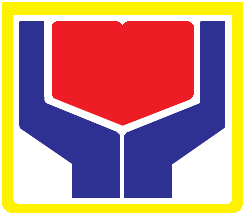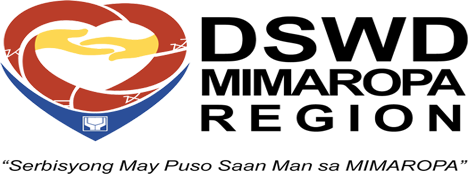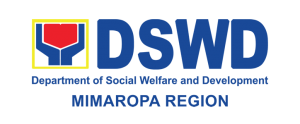Taytay, Palawan – Farming made easy – a phrase evident in a three-day training on seaweeds farming conducted by the Department of Social Welfare and Development Region IV-MiMaRoPa (DSWD) together with Bureau of Fisheries and Aquatic Resources – Regional Fisheries Training Center (BFAR -RFTC) in two separate sessions in barangays Pamantolon, July 15-17, and Calawag, July 18-20.
The training was a collaborative effort of DSWD, BFAR-RFTC and the Local Government Unit of Taytay which end goal is to provide technical knowledge on seaweeds farming. It was attended by seaweed farmers who, coincidentally, are beneficiaries of Pantawid Pamilya and Sustainable Livelihood Program of DSWD.
Introduction to strategic farming
Rene Pareño, Training Specialist II and Project Officer of BFAR-RFTC facilitated the training proper. On the onset, he stated how weather conditions affect seaweeds farming system. Pareño further stated that Palawan is one of the areas in the country that is frequently visited by typhoons wrecking traditionally built seaweed farms. He then segued into the introduction of Multiple Vertical Lines (MVL) – a planting technique in which the seaweeds are grown into a set of long vertical lines as oppose to the conventional horizontal farming method.
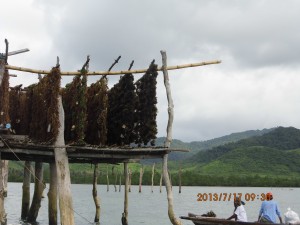
The unfamiliarity of the technique sparked interest among beneficiaries which lead one to question its cost-efficiency. “Hindi pa namin nasubukan ang ganyan pagtatanim, hindi kaya magastos?” raised one participant in Calawag. Pareño assured beneficiaries of how economically competent the technique is. He further added that the resources needed are readily available in their barangay. “Yung iba sa inyo ay meron ng mga gamit sa seaweeds siguro i-enhance nyo nalang ang mga yun,” suggested Pareño.
Training for livelihood
The training for seaweeds farming is a lecture-cum-experiential-based type of training. The participants had to actively participate from the actual practice of creating their own MVLs to planting the seaweeds. Pareño also highlighted the importance of knowing the market condition in the industry. The significant difference in price between fresh and dried seaweeds adds to the kind of product a farmer should produce. “Mataas na pala ang presyo ng dried seaweeds ayusin natin
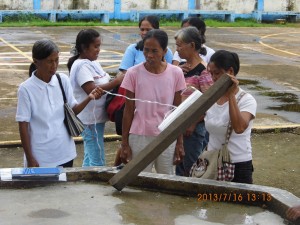
ang pagaalaga ng mga seaweeds para mas mataas kita natin,” advised Pareño.
The training progressed into practical application of techniques taught during the lecture session. The beneficiaries had a hands-on experience of processes followed in building a seaweed farm – from the preparation of materials to be used down to the actual installation of MVLs.
The Bayanihan Ideology
The Filipino culture is known for the high regard it gives to familial relationship. Every member of a community looks out after its people and assures that no one is left behind. If one plans to succeed the rest will contribute an effort to make it happen. Domingo Agra, DSWD-SLP Regional Coordinator, best said put the bayanihan ideology in his message during the closing ceremony saying, “ang training na ito ay naglalayong dapat walang maiwan sa kahirapan, yan ang
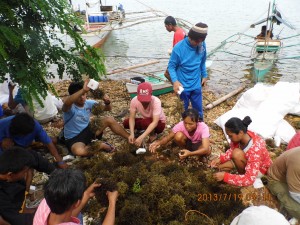
adbokasiya ng aming opisina”.
The participants were awarded with start-up material for building a seaweed farm as well as cash grants from SLP. The three-day training was well-worth the effort. DSWD along with partner agencies assured that the training not only equip the beneficiaries with technical knowledge on seaweed farming but also planted hope for a successful business venture.
![]()
